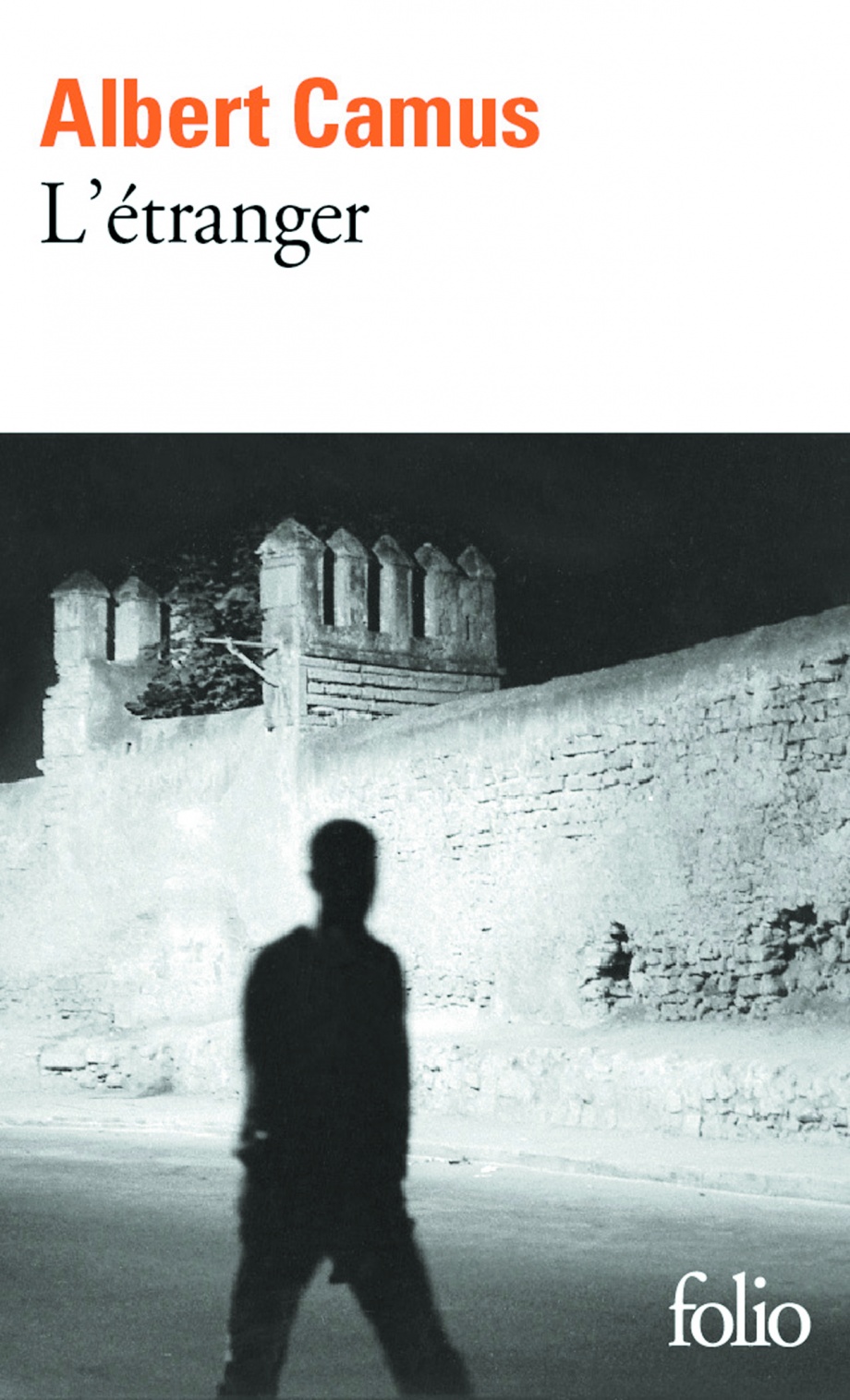February Readings

Not too many books this last month, I am busy with life and stuff. I still want to keep reading as a fun and stress-free activity, so I'm not putting too much pressure on myself to read more. Enough chatter, let's get started:
Oathbringer – Brandon Sanderson
Third book in the Stormlight Archive Series, and I must admit, where I devoured the first two, this one was a bit more of a slow read. Don't get me wrong, the content is great, each individual arc, the overall storyline, the twists and turns; everything is good. However, I found the pacing atrocious with this one. My little theory is that the author heard the criticism of the previous books, namely they were too slow, and set himself to “fix” it. Unfortunately, the pace is only artificially quickened; halfway through the book we change POVs every two chapters, then every chapter and by the later part of the book every fucking paragraph. Being ping-ponged around this frequently make the reading experience extremely frustrating. Especially since the writing style is not designed to accommodate that frequent POV switches. On the content side, the story is truly good. All the little things setup in the previous books come up again in a satisfying manner. The only thing I was afraid of got resolved immediately; there was a budding of a love triangle that was thankfully crushed in the bud before it becomes a main plot point.

The Mission of Friar William of Rubruck: His journey to the court of the Great Khan Möngke – William of Rubruck, Perter Jackson, David Morgan
After those 3800 pages from the Stormlight Archives, and especially after that third book, I needed a little break. Completely randomly, I stumbled on the excellent video “Advice for time traveling to Medieval Europe” from the youtube channel Premodernist. In it, he mentions one quirky factoid from the medieval times: people from the west were confused about Buddhism and thought it was akin to Christianity. He cites a book and gives some other fun fact about the book, and this book is the one I picked up.
I have presented this book at the Turkish Coffee, but I wouldn't rob those of you who couldn't attend of the opportunity to hear about it. The book is divided into a couple of parts: the intro by Peter Jackson (no, not this one), which serves as a historical “get into the swing of things”. Even if it spoils a bit what is going to happen in the book, I would recommend starting with it not to get lost. Then comes the actual report from friar William; it is filled with footnotes either about the translation (it was written in Latin), about historical/geographical context, fact checking of some of William's claims and other appropriate tidbits. The last part is appendices going into more detail than a footnote ever could, or just more off-topic.
The book is unintentionally really funny; everyone dunks on anyone at all times. The 13th century, for all it faults, kinda sounds like a grand old time. William, a french franciscan monk, dunks on the Mongols and their cultures, outfit, outlook, physiology... all throughout the report, and many other people catch stray bullets. William's interpreter (from latin or old-french to old-mongolian) constantly dunks on him by mistranslating stuff to his advantage, blackmailing William, getting way too wasted to be useful or straight up refusing to translate stuff. The Mongols dunk on William, trying to get money and gifts from him, not giving him food, openly mocking him, lying about him to the Great Khan... Even the authors dunk on William in the footnotes, usually rebuking claims he made and providing sources of the contrary, roasting his latin or correcting William when he misquotes the scriptures. Finally, we have a rare case of self dunk, and it's also the only piece of info we get about William in the whole book: he complains that the horses his companions were given for a part of the journey were too small and frail, but he thanks the lord that due to his portliness, they had to give him a strong one. The book also outlines a couple of funny things about the middle ages, namely that you could just pretend to be someone else and fraud your way through life and nobody would know. In the story, our friar meets with the Great Khan's “catholic priest from Bulgaria”, which had served him for quite a number of years. Turns out he was neither catholic, nor a priest as he hadn't been ordained, but also wasn't bulgarian at all! Also, the reason William goes to the Great Khan in the first place is because some mongolian emissaries had told the king of France, Louis IX aka Saint Louis, that Sartach — a great mongolian general — had been baptised and accepted the pope. William was sent to deliver a letter from the french king, which was not well received: Sartach was not christian at all and the “emissaries” had just lied to get gifts. Sartach sends William to his boss Batuu, which sends him directly to the Great Khan. A couple weeks after arriving at the Great Khan's court, the Khan asks William why he was sent here, as he had forgotten. When William tells him about the letter from the french king, the Great Khan admits that he lost it, and that he doesn't remember what it says. William is then free to make up a better worded letter.
I think this book will content academic and history noobs alike, and it's honestly a great read. I hate history books in general, but took a chance on this one and I'm glad I did. I would offer to lend the book to anyone, but it is currently with my sister, and I will only get it back in late August.

Although, fantasy books are fun to read, they're not as fun to present, and I enjoyed talking about The Mission of Friar William of Rubruck much more. I guess I'll have to incorporate more fun books to present; fortunately, my next book before going back to the Stormlight Archives should be a fun one. Until next time
Thank you for reading my logorrhea Eddie

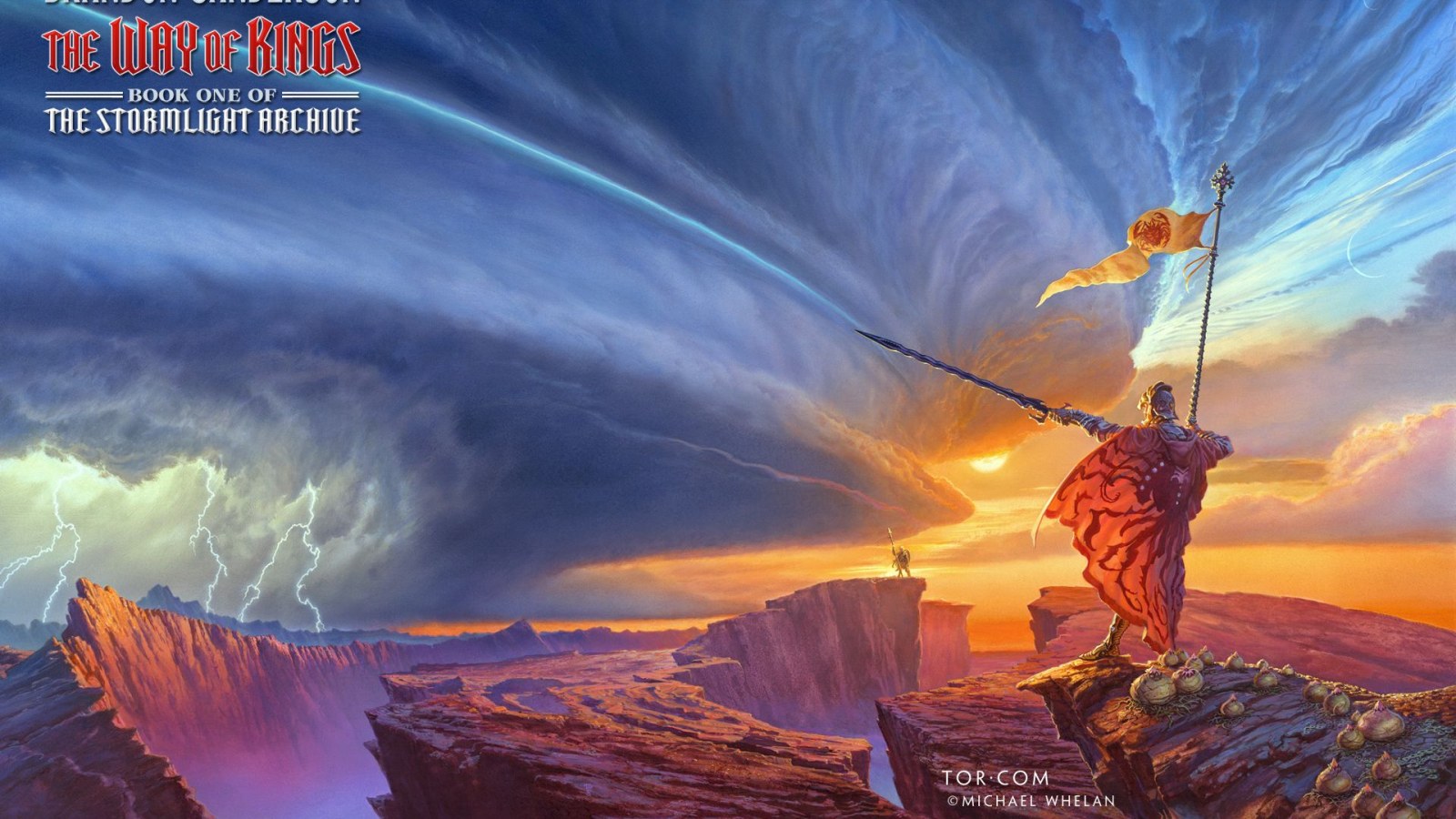
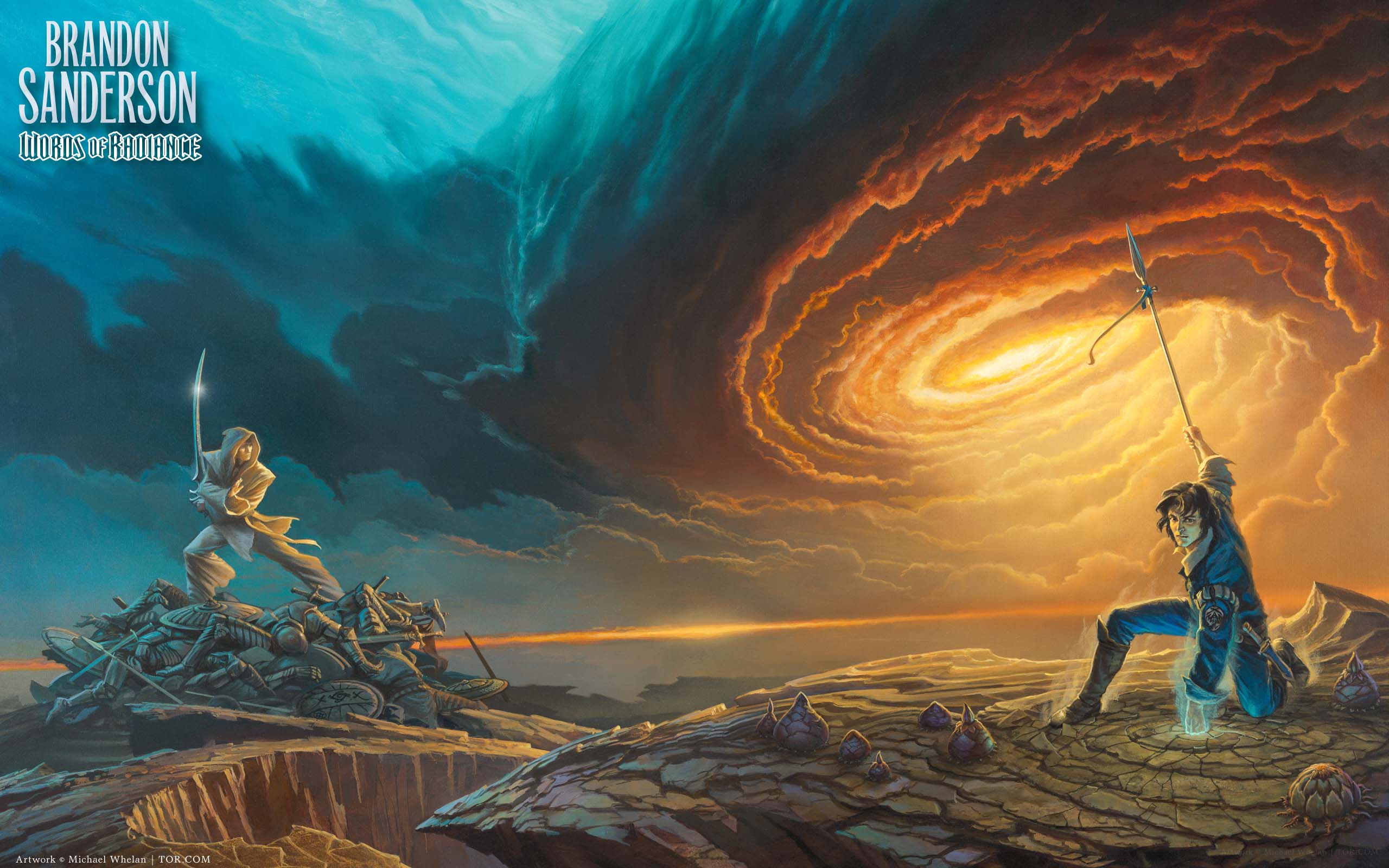

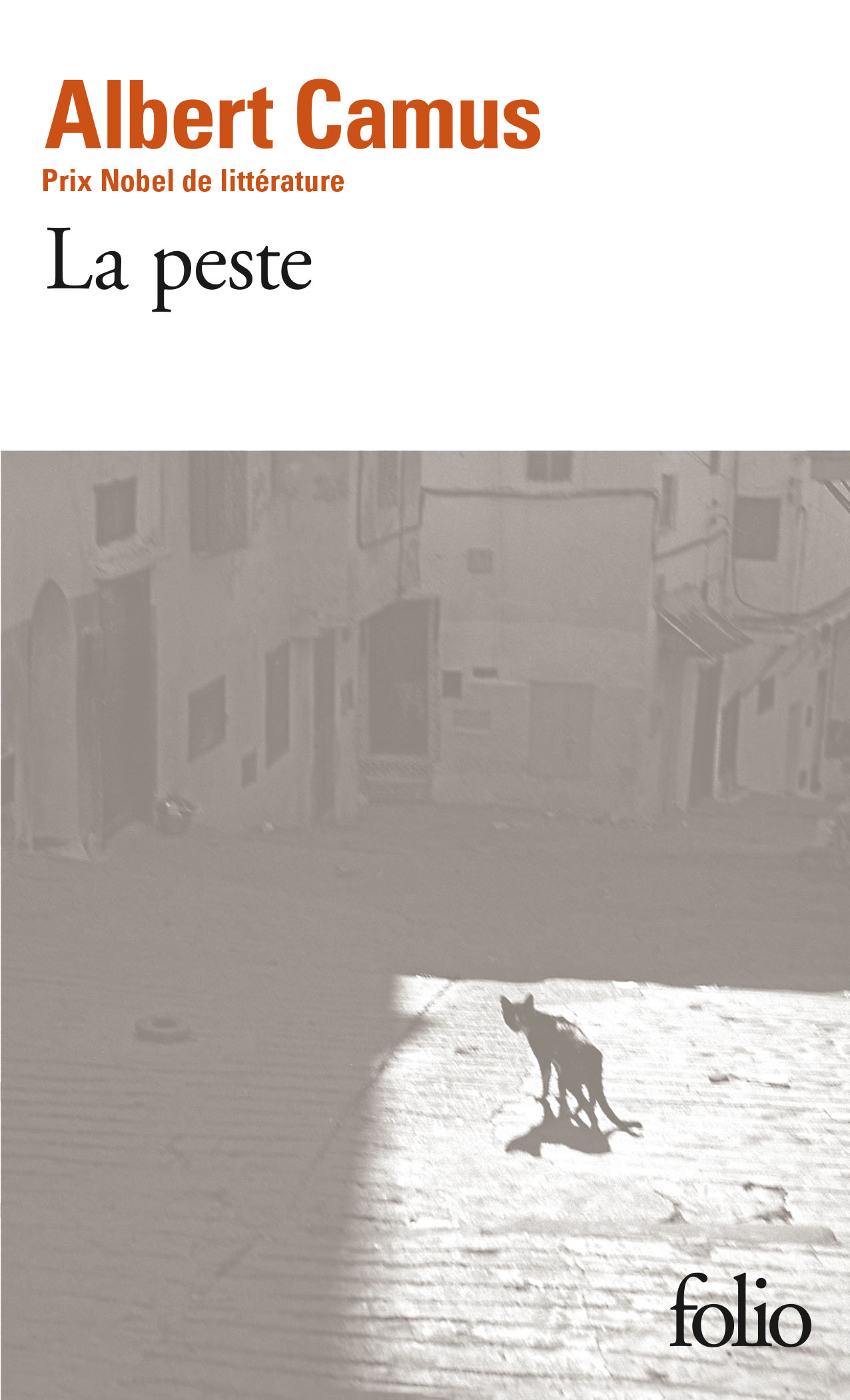





 I must reiterate that I find the covers of the english edition absolutely stunning
I must reiterate that I find the covers of the english edition absolutely stunning



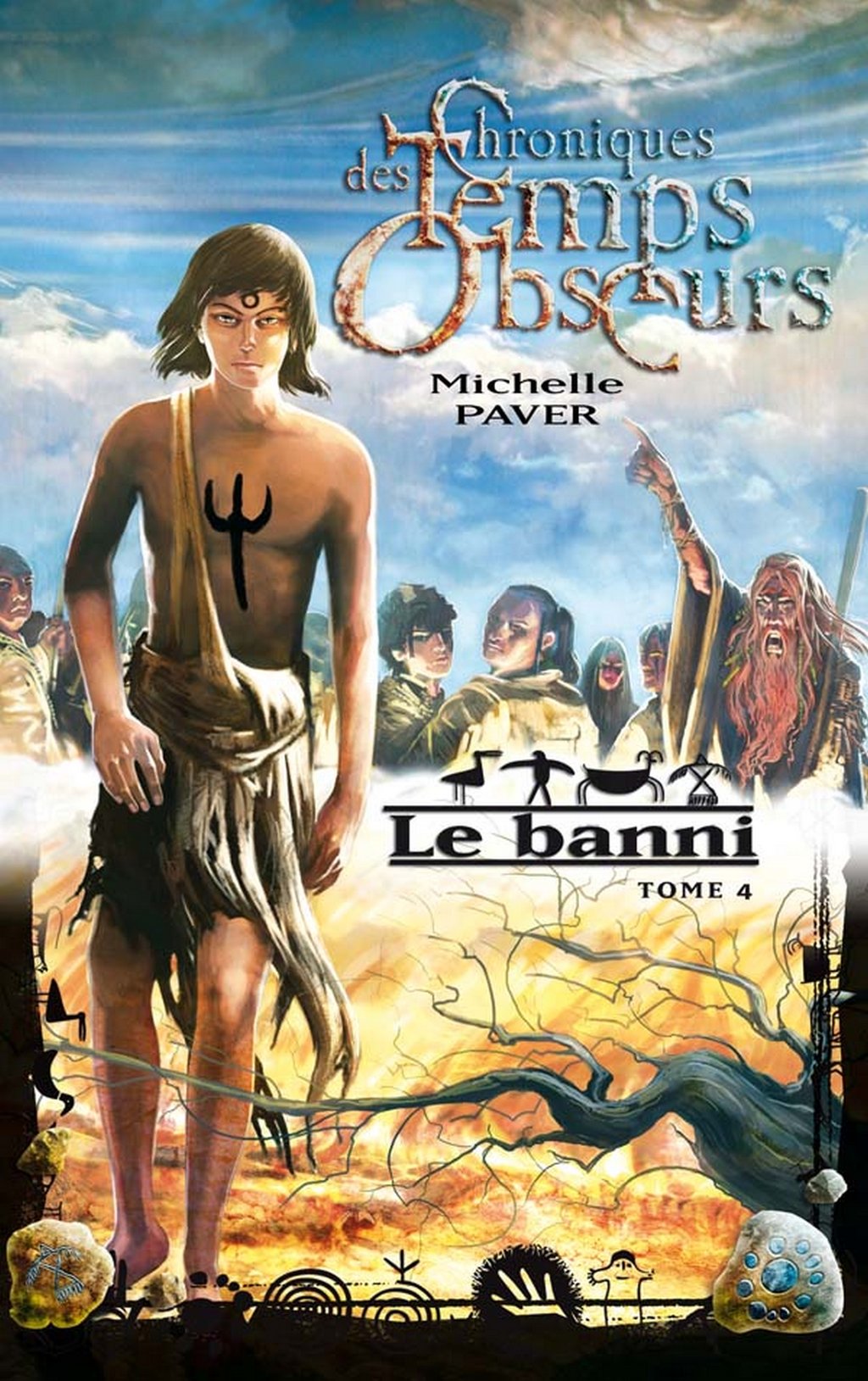
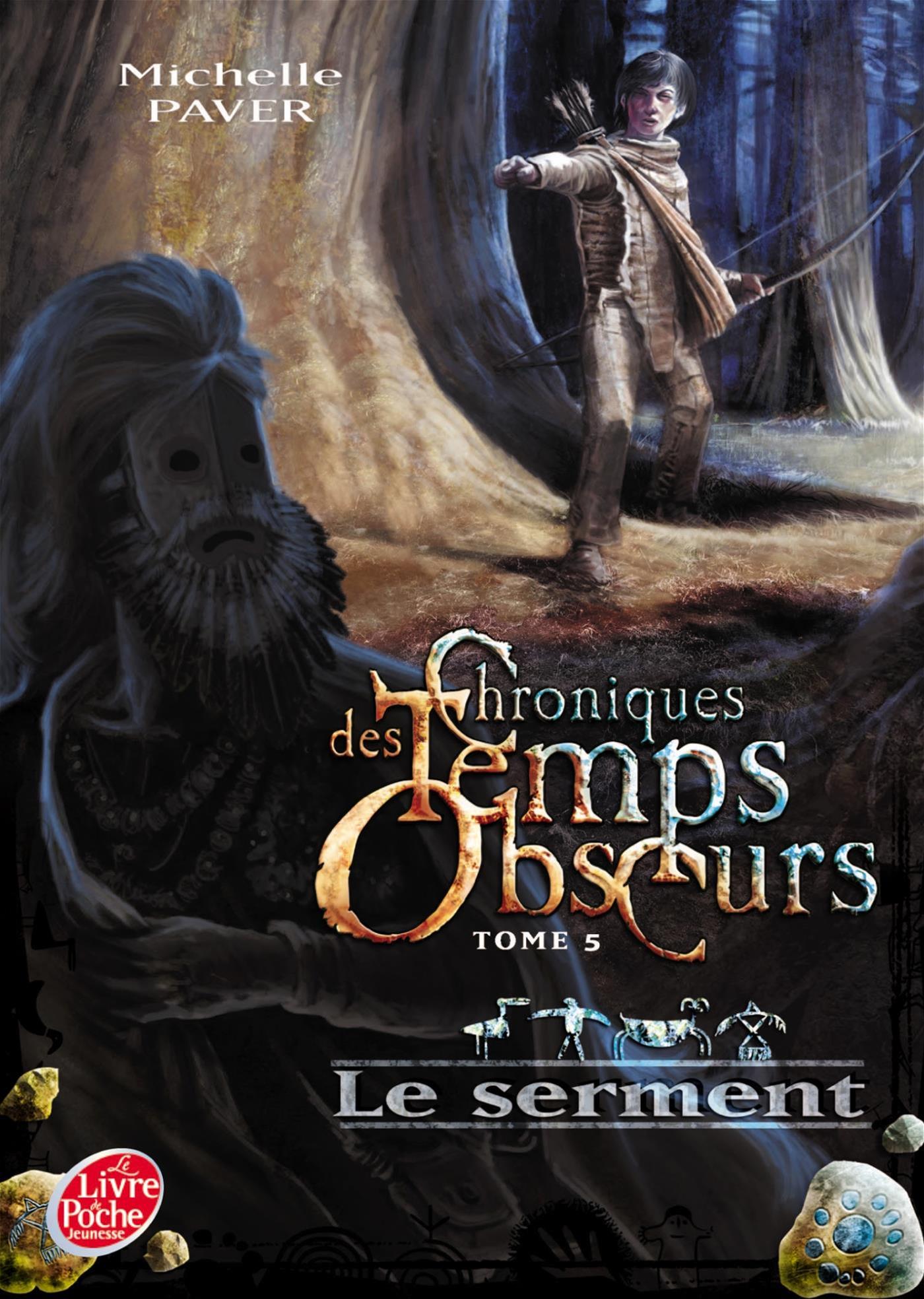


 Also the covers for the english version are far better in my opinion
Also the covers for the english version are far better in my opinion
